 Dalits and Religious Persecution
Dalits and Religious PersecutionIn the past decade India has enjoyed an economic boom fueled, in large part, by trade in services with the United States. Sadly, many Indians, however, have not benefited from the boom, chief among them the Dalits, or, as they used to be called, the “untouchables.”On October 2, Mohandas Gandhi’s birthday, 25,000 Dalits from across India set out on a Gandhi-style protest march to New Delhi. They protested their continuing marginalization within Indian society, which is especially intolerable in the midst of unprecedented economic growth.It is difficult for any American to imagine how marginalized the Dalits are. They are considered to be less-than-human by much of Indian society. Because of this, they are relegated to “the most squalid jobs,” as Stephanie Giry put it in Foreign Affairs magazine—for example, cleaning human waste.As one Dalit woman told the BBC, she cleaned toilets because that was the only way she could feed her children. The woman’s daughter said that she “tried looking for a job in a school or nursing home, but no one would take” her. “The first question they always ask is your caste-system.”The Indian government has enacted anti-discrimination laws and created programs to compensate for this discrimination. Yet the Dalits’ place within the “Hindu religious and social hierarchy” limits the impact of these laws. More than 2,000 years of culture and religion often trump the law.Little wonder that millions of Dalits have sought to escape that hierarchy by converting to Christianity. According to the Wall Street Journal, the “overwhelming majority” of India’s Christians are Dalits.This, in turn, gives their Hindu neighbors and local government two reasons to discriminate against them: their caste and then their Christian faith.In fact, if a Dalit converts to Christianity, he risks losing whatever little anti-discrimination protection and benefits are offered to Dalits—benefits that, however, can mean a decent chance at life.Despite the risk, Dalits continue to convert—an estimated 25 million so far. Because of this double discrimination, they often have to practice their faith in secret. As one Dalit teacher told the Wall Street Journal, “If [officials] ever find out I’m a Christian, I will lose my position.” He and other Dalit Christians are forced to live a kind of double life: appearing to be a Hindu in public but limiting expressions of their faith to their homes and churches.The situation in what’s called the “largest democracy in the world” reminds us that “democracy” and elections are not enough—there needs to be a commitment to the “first freedom”: freedom of religion. There needs to be a recognition that all freedoms grow out of what one of our founders James Madison called “the act of freedom by which each responds to the call of his Creator.” And it is time to start reminding India that business-as-usual with us does not include continuing to treat our brothers as “untouchable.”So this Sunday, on the International Day of Prayer for the Persecuted Church, remember to pray for the Dalits and our persecuted brethren around the world. And this year, resolve with me to pray for the persecuted Church not just on this designated day, but year-round, “without ceasing.”
by Chuck Colson
http://www.crosswalk.com/spirituallife/11559083/page2/
As in the days of Noah....
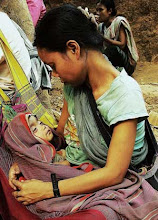
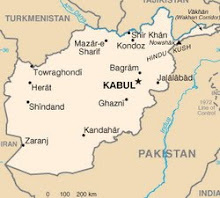
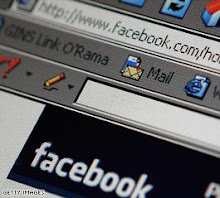
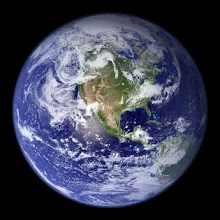
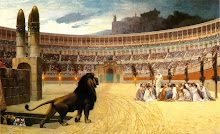
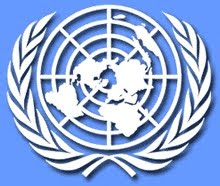




















.bmp)
No comments:
Post a Comment